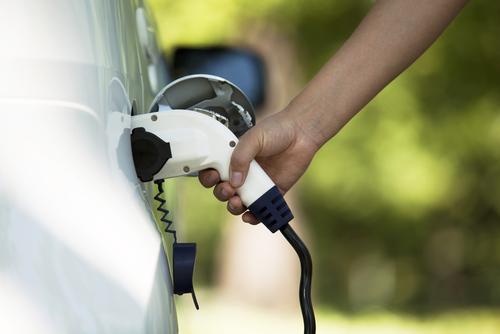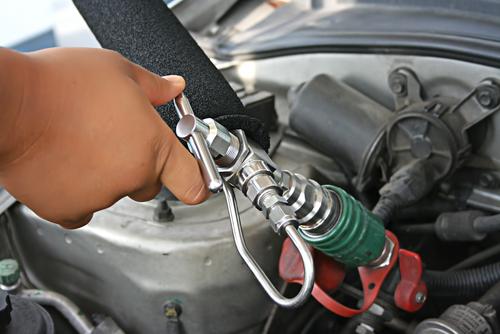Epoch Times is taking a look at each of the major options for going green while shopping for your next vehicle.
Hybrid electric vehicles combine the benefits of gasoline or diesel engines and electric motors. Here’s a look at the pros and cons of hybrid cars, with some savings tips along the way.
See the Electric Car Shopping Guide. Still to come: A look at cars that run on natural gas, biogas, hydrogen, and even coffee!
Pros
- Regenerative braking is one of the environmentally friendly technologies used by most hybrid cars. As the electric motor applies resistance to the drive train for braking, the power from the motion of the wheels is, in turn, fed back to the motor. This energy, usually wasted, is saved in a battery cell until needed.
- Traditional, internal combustion engines are least efficient in low-speed driving. In some hybrids, the electric motor alone provides the power in these conditions. Overall, hybrids are eco-smart; they use whichever fuel source is most efficient for specific driving conditions. In regions where electricity is generated by high-carbon sources, such as coal, and where it is particularly expensive, a hybrid could be a better option than an electric car.
- Hybrids often shut down automatically when the the vehicle comes to a stop and start again when the accelerator pedal is pushed, conserving energy.
Cons
- Choice is still limited, so hybrids are generally $5,000 to $10,000 more expensive than a conventional vehicle, according to Cars Direct. Maintenance costs are also a bit higher.
- Fossil fuels are still used.
Use this U.S. Department of Energy fuel economy comparison service to see how various hybrid models compare to conventional vehicles.
Costs/Savings
Hybrids have 20 to 30 percent better fuel efficiency than conventional cars, according to Green America.
For example, a 2012 Honda Civic hybrid has a fuel economy of about 44 miles per gallon, compared to 32 miles per gallon for the conventional 2012 Civic, according to the U.S. Department of Energy. To give an idea of what’s on the market, here are a few examples, though many other models and makes are available.
Luxury hybrids
- 2014 Lexus ES 350: About $36,400, about 40 miles per gallon
- 2014 Mercedes-Benz GLK 350: About $37,400, 19 to 25 miles per gallon

2014 Lexus ES 350 (Courtesy of Lexus)

2014 Mercedes Benz GLK 350 (Courtesy of Mercedes Benz)
Mid-priced Sedan
- 2014 Honda Accord Hybrid: About $29,100, 50 miles per gallon.
- 2014 Chevrolet Malibu: About $22,100, 36 miles per gallon

2014 Honda Accord Hybrid (Courtesy of Honda)

2014 Chevrolet Malibu (Courtesy of Chevrolet)
Developments on the Horizon
Expected to begin production by 2016, the Peugeot 208 HybridAir would use compressed air instead of electricity alongside fossil fuels.
The HybridAir would go about 100 miles per gallon. It would only emit 69 grams of carbon dioxide per gallon, compared to a conventional car, which emits nearly 9,000 grams per gallon, according to the Environmental Protection Agency.
*Image of a car electrically charging via Shutterstock




